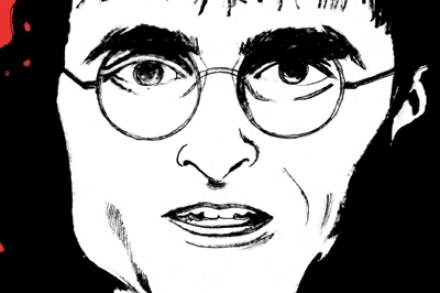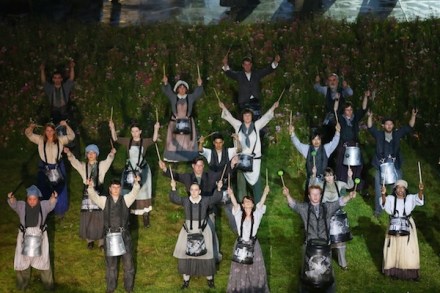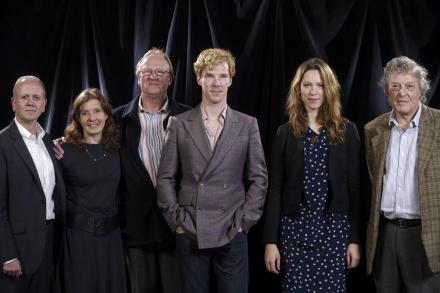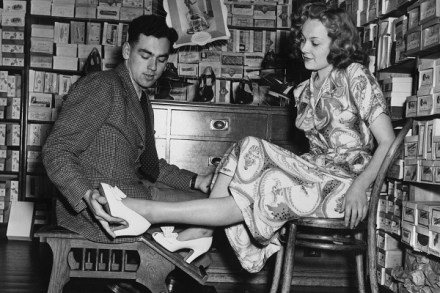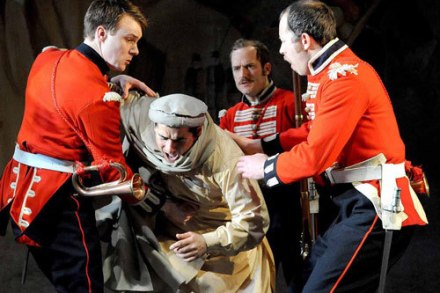A cast of celebs fails to bring any oomph to The Ladykillers
The Ladykillers is back. Sean Foley’s adaptation of the classic Ealing comedy introduces us to a crew of villains who stage a train heist while lodging in the house of a sweet old lady. She discovers their crime and when they try to bump her off she proves indestructible. The 1955 movie makes a huge effort to manage the plot’s credibility. The audience is never quite sure if this is a criminal gang in a comic predicament or comic gang in a criminal one. Sean Foley abjures such nuances and gives us a bunch of clowns in a two-hour slapstick routine. This approach deprives the tale of all its subtlety



